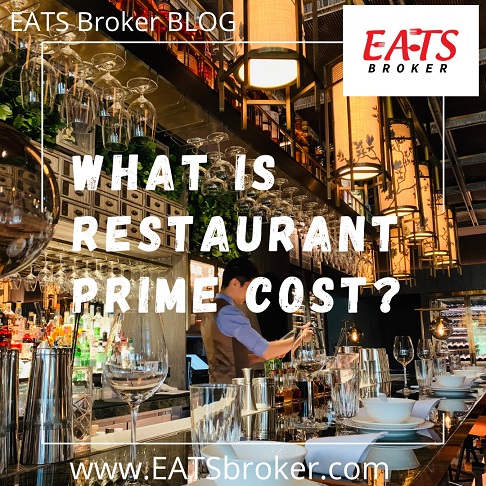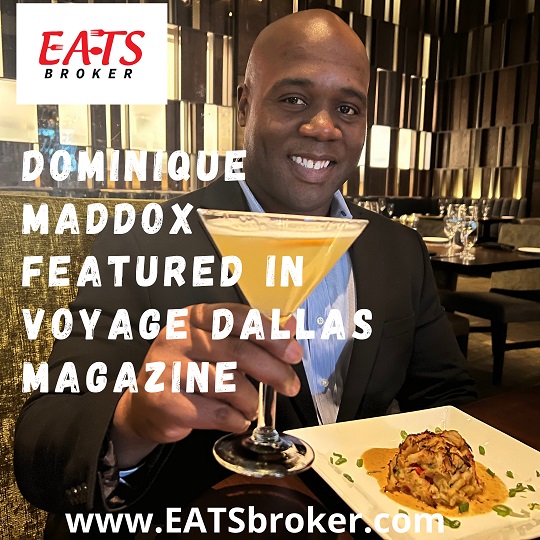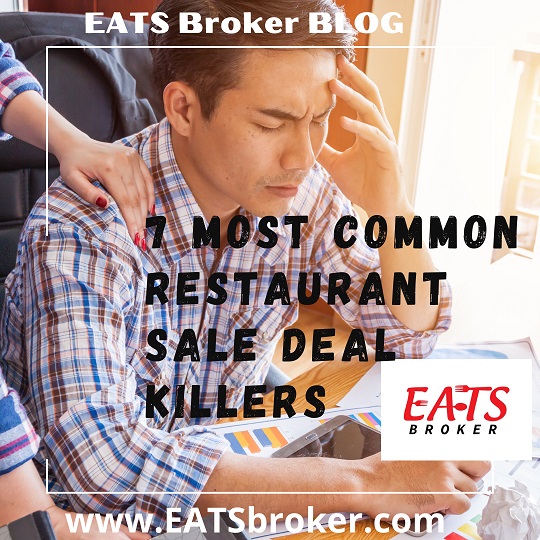
What is Restaurant Prime Cost?
Restaurant Prime Cost can be described as the most critical number a restaurant owner should know to operate a profitable restaurant. Restaurant Prime cost should

Restaurant Prime Cost can be described as the most critical number a restaurant owner should know to operate a profitable restaurant. Restaurant Prime cost should

In the February issue, the founder and President of EATS Broker Dominique Maddox was featured in VoyageDallas magazine Local Stories. This is Dominique’s second time

The most common restaurant sale deal killers are items that are usually out of the hands of a Restaurant Broker. The process to sell a

© Copyright 2025 EATS Broker | Consumer Protection Notice | Information About Brokerage Services